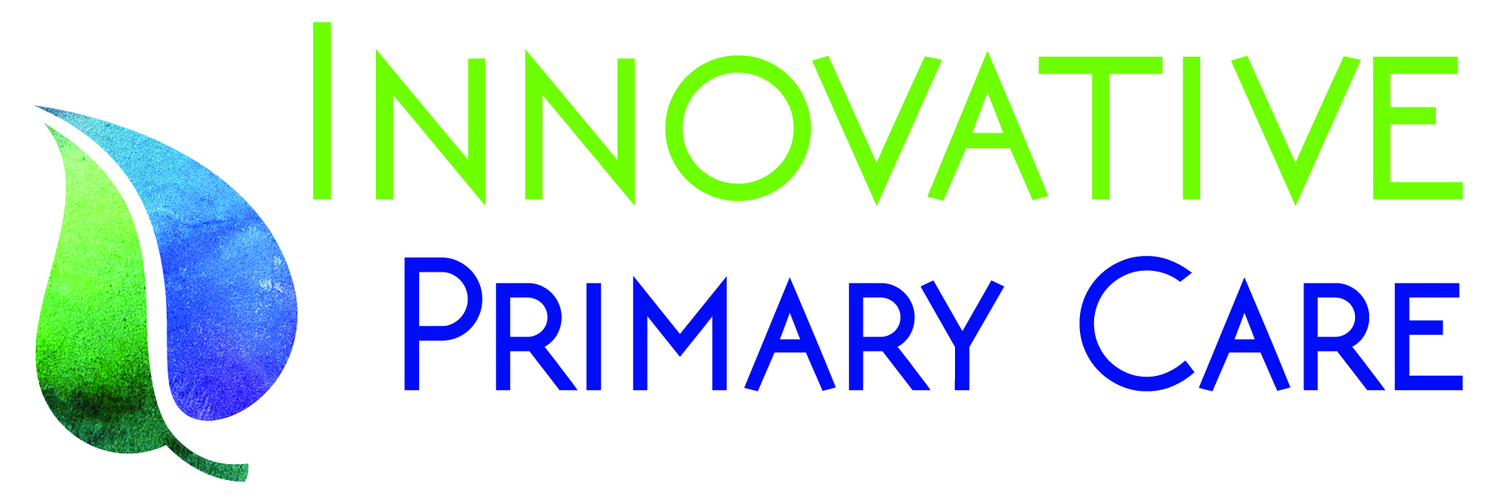Spotlight on Wellness: Clean from the Inside Out
/Spring Cleaning isn't just for closets! What about the junk that's collected in our bodies. Researchers at the U.S. Department of Health and Human Services National Toxicology Program know that we are exposed to more than 80,000 different chemicals on a daily basis, with only a small portion tested for safety.
Dr. Levitt recently returned from another conference on toxins and how they impact our wellness. She is continually seeking to help her patients live a healthier, cleaner lifestyle. Because of that commitment, we'll explore various steps you can take to do that here and in subsequent newsletters.
Cleansing our lives from toxins is much more difficult than you might think. It requires conscious decision-making throughout our busy day. For March, we'd like to you to think about the simple act of how you store your food and the containers your food or drink are placed or packaged in from outside sources. We probably hardly give much of a thought to:
containers we use for our lunch or storing leftovers
what containers we use to heat up food
grabbing a drink from our favorite coffee shop or grab & go restaurant
the water bottles we use or are given when at a meeting
the shopping bags we use from our local pharmacy or grocery store, even the local department store
You may have heard of BPA or Bisphenol A. BPA is found in polycarbonate plastics and epoxy resins. Polycarbonate plastics are often used in containers that store food and beverages, such as water bottles. They may also be used in other consumer goods. Epoxy resins are used to coat the inside of metal products, such as food cans, bottle tops and water supply lines. Epoxy coatings line the more than 131 billion food and beverage cans produced in the U.S. annually. Some dental sealants and composites also may contain BPA.
These chemicals can leach into your food or water. BPA is a synthetic estrogen that can disrupt the endocrine system. It has been linked to a number of health problems such as breast cancer, miscarriage, reproductive system cancer, obesity, diabetes, early puberty, prostate cancer, genetic damage, ovarian dysfunction, and behavioral changes in children. It is also believe that plastic can leach a type of neurotoxin and impact red blood cells and cause liver and kidney damage. And then there is the impact on weight. When plastic molecules enter human body they mimic estrogen due to having a similar chemical structure. Besides the other negative health effects, this "artificial" estrogen also decreases the levels of testosterone in the body (in men and women). Low levels of testosterone lead to muscle mass loss and body fat gain. (Dr. Levitt can help with testosterone replacement, if it fits your needs.)
Arizonans have adopted some unique habits with plastic water bottles compounding these issues. Putting a plastic water bottle in the freezer and then using it throughout the day is dangerous. Changes in the chemicals of the plastic occur when it's frozen and then later thaws. Even worse is drinking from a plastic water bottle that's been in the Arizona heat for the day. Plastics break down through the act of cold and heat. If you have water that's been exposed in this way, pour it on a plant or grass to put it to good use. And tell your friends. Help them avoid these chemicals as well if you see them using these bad habits.
Dr. Levitt suggests you follow these few quick tips to get rid of some of the chemicals you might be inadvertently putting into your body:
Use BPA-free products. If not labeled, check the recycled codes for 3 or 7. Some, but not all, may be made with BPA. Avoid them.
Cut back on cans. Reduce your use of canned foods since most cans are lined with BPA-containing resin. This might be tough, but moving toward foods that are fresh, not canned, will help. Check out this list of BPA canned food.
Commit to using reuse shopping bags. The more you can contribute to keeping plastics out of the food chain, the better. The plastic bags, whether from your local pharmacy or grocery, usually enter back into the food chain through marine animals and birds. Additionally you'll help cut down on the use of petroleum.
Avoid heat. The microwave and dishwasher can be your enemy. The National Institute of Environmental Health Sciences advises against microwaving polycarbonate plastics or putting them in the dishwasher because the plastic may break down over time and allow BPA to leach into foods. And don't drink water from a bottle left in your hot Arizona car.
Use alternatives. Use glass, porcelain or stainless steel containers for hot foods and liquids instead of plastic containers.
Stay hydrated to support one of the simplest and most effective ways to cleanse your body of toxins. Strive for a minimum of eight 8 oz. glasses a day. And now with the temperatures heating up, going beyond that would be helpful.
We invite you to show off your healthy habits on our Facebook page. Anyone who posts a photo with your glass containers or glass water bottles will be entered into a drawing for a 20 oz. Contigo Purity Glass Water Bottle. Please post your photo by March 31.
Next month we'll delve into simple actions you can take to keep more toxins out of your home. Cheers.

